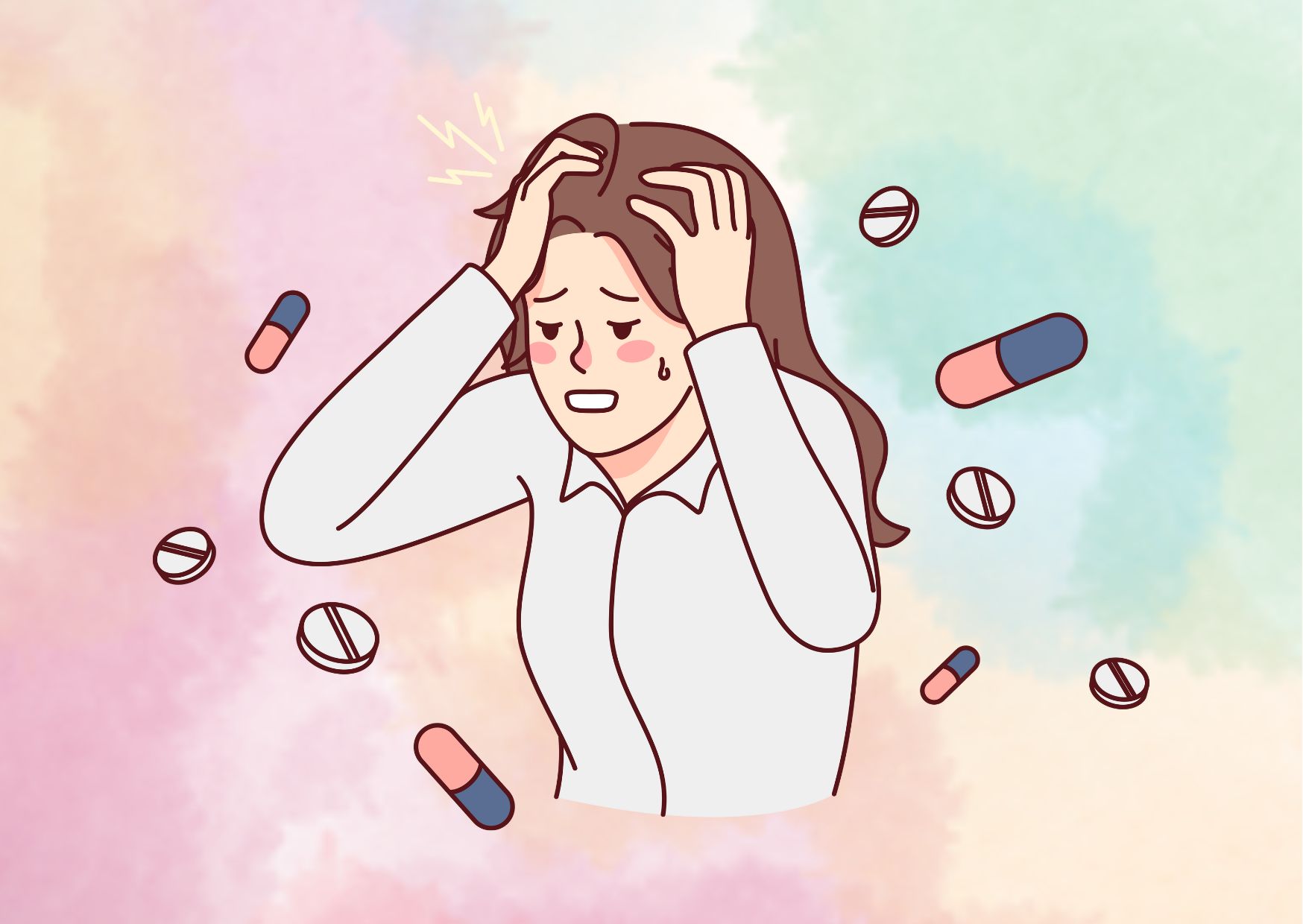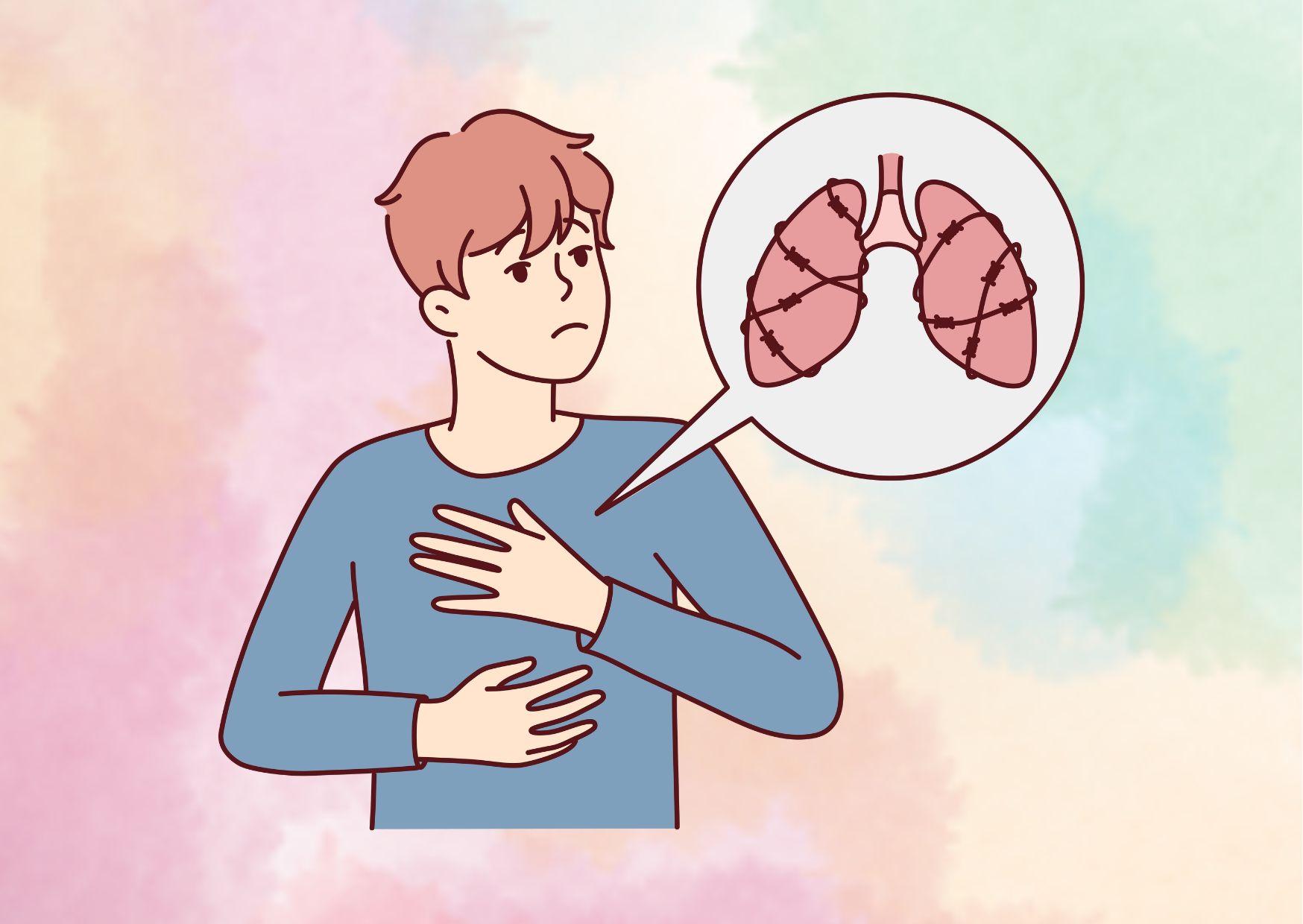15 Serious Symptoms of Chronic Stress
In today’s fast-paced world, chronic stress has emerged as a pervasive health issue, affecting millions of lives. Its significance cannot be overstated, as it silently underpins many chronic illnesses, severely impacting overall well-being and life quality. Understanding chronic stress, characterized by its persistent nature as distinct from the acute stress of daily challenges, is crucial for both preventing and managing its myriad effects. Recognizing the signs of chronic stress is the first step toward addressing its root causes and mitigating its long-term impact on health. This article aims to demystify the definition of chronic stress, offering insights into its complex nature and highlighting the importance of distinguishing between chronic and acute stress for effective interventions.
The ensuing discussion covers a comprehensive overview of what chronic stress is, including its causes, symptoms, and the adverse effects it can have on an individual’s health. By examining examples of chronic stress and chronic stress syndrome, readers will gain a deeper understanding of its pervasive impact. Additionally, the article will explore the challenges in diagnosing chronic stress disorder and the potential for chronic post-traumatic stress disorder to arise from unresolved stress. Treatment strategies and prevention techniques will be detailed, providing a roadmap for those seeking to manage chronic stress effectively. Through this exploration, the article aims to furnish readers with the knowledge needed to identify chronic stress symptoms early on and take informed steps towards achieving long-term relief and improved health.
Overview of Chronic Stress
Chronic stress is a prolonged and persistent state of heightened physiological and psychological arousal, distinct from the short-lived stress experienced in response to daily challenges. Unlike acute stress, which is a normal and adaptive reaction to a specific stressor, chronic stress is a continuous state of tension and strain that can have detrimental effects on an individual’s overall well-being.
Defining Chronic Stress
Chronic stress occurs when the body’s stress response system remains activated for an extended period, even in the absence of an immediate threat or challenge. This sustained activation of the stress response can lead to a dysregulation of various bodily systems, including the immune, cardiovascular, and endocrine systems.
Causes of Chronic Stress
Numerous factors can contribute to the development of chronic stress, including:
- High-pressure jobs or demanding work environments
- Financial difficulties or economic instability
- Challenging interpersonal relationships or family dynamics
- Traumatic life events or adverse childhood experiences (ACEs)
- Chronic health conditions or disabilities
- Societal or environmental factors, such as discrimination, poverty, or natural disasters
Physiological and Psychological Effects
Chronical stress can manifest in a wide range of physical and psychological symptoms, including:
- Irritability and mood swings
- Fatigue and low energy levels
- Headaches and muscle tension
- Difficulty concentrating or memory problems
- Sleep disturbances or insomnia
- Digestive issues, such as constipation or irritable bowel syndrome
- Changes in appetite or weight fluctuations
- Feelings of helplessness or loss of control
- Low self-esteem and decreased self-confidence
- Increased susceptibility to infections or illnesses
The severity and specific combination of symptoms can vary significantly from person to person, reflecting the complex and individualized nature of chronic stress.
Causes of Chronic Stress
Chronical stress can arise from a variety of sources, both internal and external. The following are some of the major contributing factors:
Poverty and Socioeconomic Issues
Individuals living in poverty may face persistent stress due to financial insecurity, lack of access to resources, and other socioeconomic challenges. Urban families in poverty are exposed to frequent and diverse stressors, including criminal victimization, community violence, reduced access to medical services, economic hardships, and limited educational and employment opportunities. Economic hardship can exacerbate the psychiatric impact of stress exposure by limiting families’ access to resources that could mitigate the impact of stress.
Work-Related Stress
High-pressure jobs, demanding work environments, excessive workloads, conflicting expectations, and job insecurity can all contribute to chronic stress. Factors like long work hours, lack of participation in decision-making, poor communication within the organization, lack of family-friendly policies, and limited opportunities for growth or advancement can also play a role. Additionally, unfavorable environmental conditions, such as crowding, noise, air pollution, or ergonomic problems, can add to the stress experienced in the workplace.
Relationship and Family Problems
Challenging interpersonal relationships or family dynamics can be a significant source of chronical stress. Marital conflict, divorce, caring for a sick or elderly family member, and breakdowns in family communication can all lead to persistent stress. Stress within the family unit can also transfer from one member to another, creating a cycle of stress that can be difficult to break.
Other Environmental Factors
Exposure to traumatic events, such as natural disasters, violence, or other adverse experiences, can contribute to the development of chronic stress. Environmental factors like discrimination, racism, and societal or cultural pressures can also play a role in perpetuating chronic stress. Additionally, chronic health conditions or disabilities can be a source of ongoing stress for individuals and their caregivers.
It is important to note that chronic stress often arises from a combination of these factors, and the specific causes can vary from person to person. Recognizing and addressing the underlying sources of chronic stress is crucial for effective management and prevention.
Symptoms of Chronic Stress
Chronical stress can manifest in a variety of ways, affecting an individual’s cognitive, emotional, physical, and behavioral well-being. These symptoms can range from mild to severe, and often overlap and exacerbate one another.
Cognitive Symptoms
Chronical stress can have a significant impact on cognitive functions, including:
- Forgetfulness and memory problems
- Difficulty concentrating and focusing
- Rigid thinking patterns and inability to think flexibly
- Constant worrying and racing thoughts
- Poor judgment and impaired decision-making abilities
These cognitive symptoms can impair an individual’s ability to perform tasks effectively, both at work and in personal life.
Emotional Symptoms
Chronical stress can take a toll on emotional well-being, leading to symptoms such as:
- Anxiety and persistent feelings of worry
- Irritability, anger, and mood swings
- Depression and feelings of sadness or hopelessness
- Emotional numbness or detachment
- Loss of interest in activities once enjoyed
These emotional symptoms can strain relationships, disrupt daily functioning, and contribute to a diminished quality of life.
Physical Symptoms
The body’s stress response can manifest in various physical symptoms, including:
- Headaches and migraines
- Muscle tension and pain (e.g., back, neck, shoulders)
- Fatigue and low energy levels
- Digestive issues (e.g., constipation, diarrhea, bloating)
- Sleep disturbances (insomnia or excessive sleeping)
- Changes in appetite and weight fluctuations
- Cardiovascular problems (e.g., palpitations, high blood pressure)
- Weakened immune system and increased susceptibility to illness
These physical symptoms can not only be uncomfortable but also potentially lead to more serious health complications if left unaddressed.
Behavioral Symptoms
Chronical stress can also manifest in behavioral changes, such as:
- Social withdrawal and isolation
- Increased use of substances (e.g., alcohol, drugs, nicotine)
- Nervous habits (e.g., nail-biting, hair-twirling, teeth-grinding)
- Neglecting responsibilities or self-care
- Overeating or undereating
- Decreased exercise or physical activity
- Impulsive or risky behaviors
These behavioral symptoms can further exacerbate the negative effects of chronic stress and contribute to a vicious cycle of stress and unhealthy coping mechanisms.
It is important to recognize the various symptoms of chronic stress and seek appropriate support and treatment to address the underlying causes and manage the negative impacts on overall well-being.
Impact of Chronic Stress on Health
The impact of chronic stress on an individual’s health can be far-reaching and detrimental. Prolonged exposure to stress can have severe consequences, affecting both mental and physical well-being.

